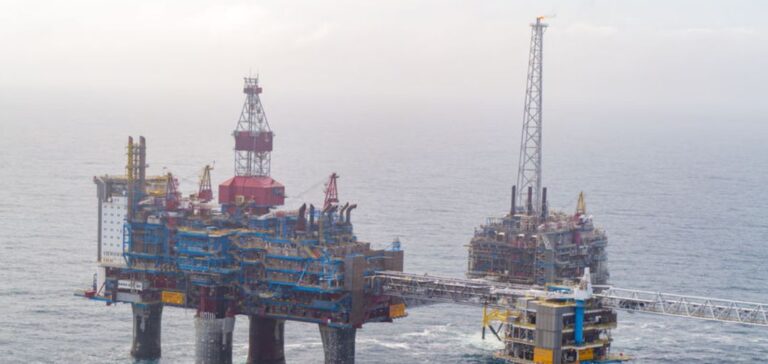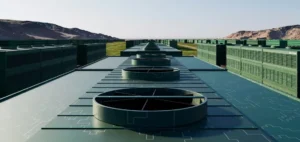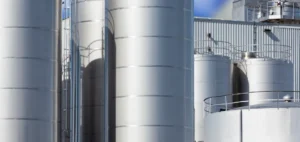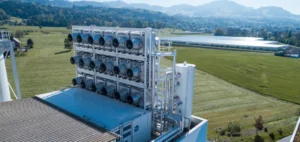Hydrocarbons continue to play a major role in the global energy mix, and current forecasts indicate that this trend could persist.
Rystad Energy estimates that by 2030, over 75% of global energy demand will still be met by fossil fuels, despite the emphasis on energy transition. This situation underlines the importance of implementing effective emission reduction strategies, particularly in upstream activities such as hydrocarbon extraction and gas flaring, two major sources of CO2.
Premium energy basins (PEBs) have been identified as key areas for meeting this challenge.
These basins are characterized by a combination of large hydrocarbon reserves and potential for low-carbon energy solutions.
Rystad Energy’s analyses show that the Central Arabian and Rub Al Khali basins in the Middle East are particularly promising.
These basins offer the possibility of integrating renewable energies, such as solar, while maintaining significant production levels, making them key players for more sustainable exploitation.
Development costs and integration of renewable energies
Rystad Energy data show that the Central Arabian and Rub Al Khali basins benefit from competitive development costs, generally below $2 per barrel of oil equivalent (boe).
This competitiveness is due to optimized infrastructure and abundant reserves.
By comparison, other basins, such as Gulf Deepwater in the USA, have higher development costs, in excess of $9 per boe, due to the technical challenges associated with offshore extraction and the smaller size of the resources.
At the same time, these energy basins show growing potential for the integration of renewable energies.
The Rub Al Khali and Central Arabia, for example, have over 6.2 GW of installed and projected solar capacity, making it possible to reduce the carbon intensity of operations while diversifying energy sources.
Carbon storage and operational efficiency
CO2 storage is becoming an essential component of emission reduction strategies in premium energy basins.
These geological zones, particularly those at the end of their life cycle, are well suited to permanent carbon storage.
The Gulf Deepwater Basin in the USA is noted for its ability to store up to 750 gigatons of CO2 in deep saline aquifers, offering a potential solution for extending field life while effectively capturing carbon.
The combination of hydrocarbon production and carbon storage efforts offers a hybrid way of meeting energy needs while limiting emissions.
Investment strategies must therefore focus not only on extraction, but also on improving infrastructures to integrate these new requirements.






















